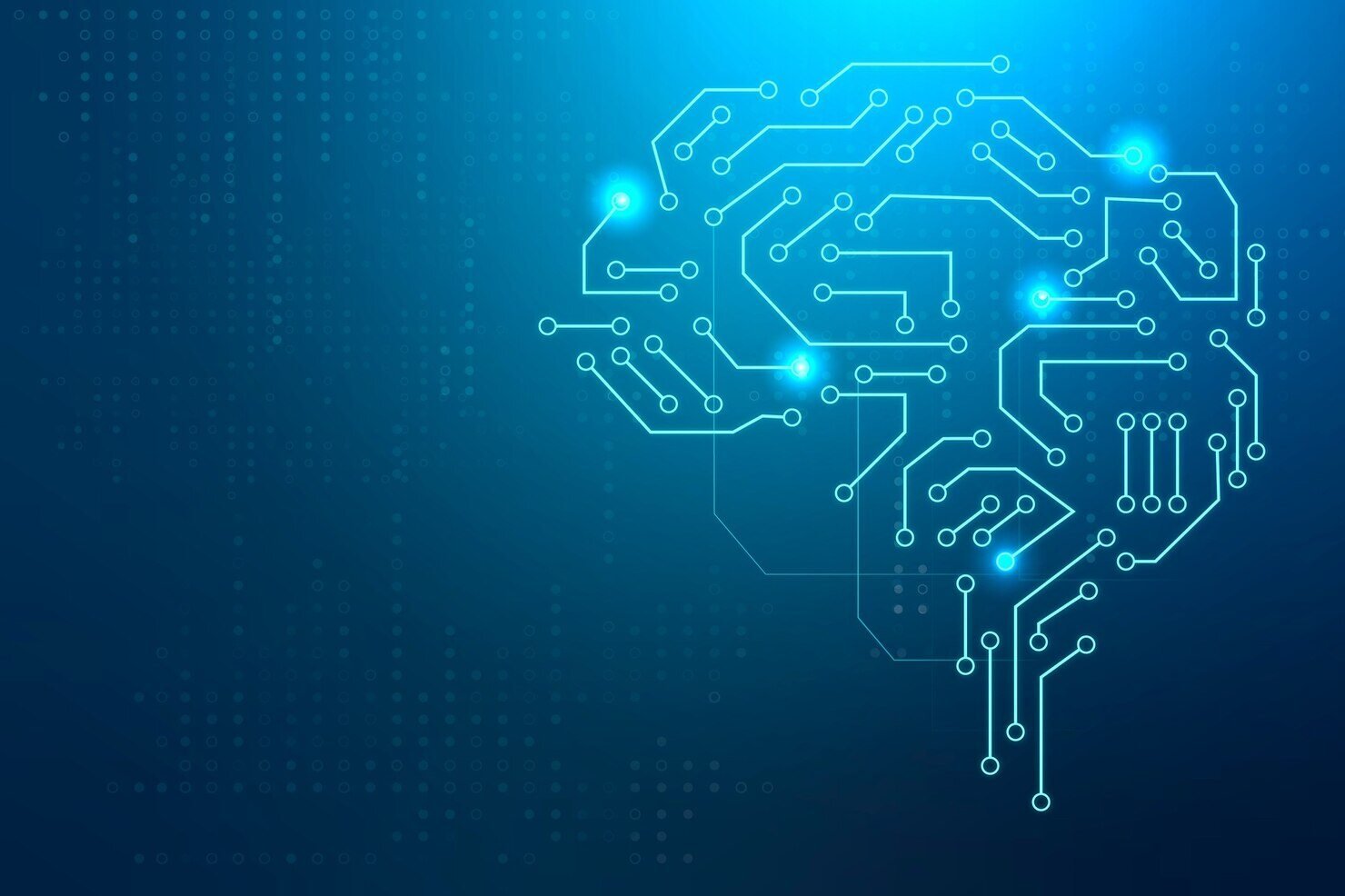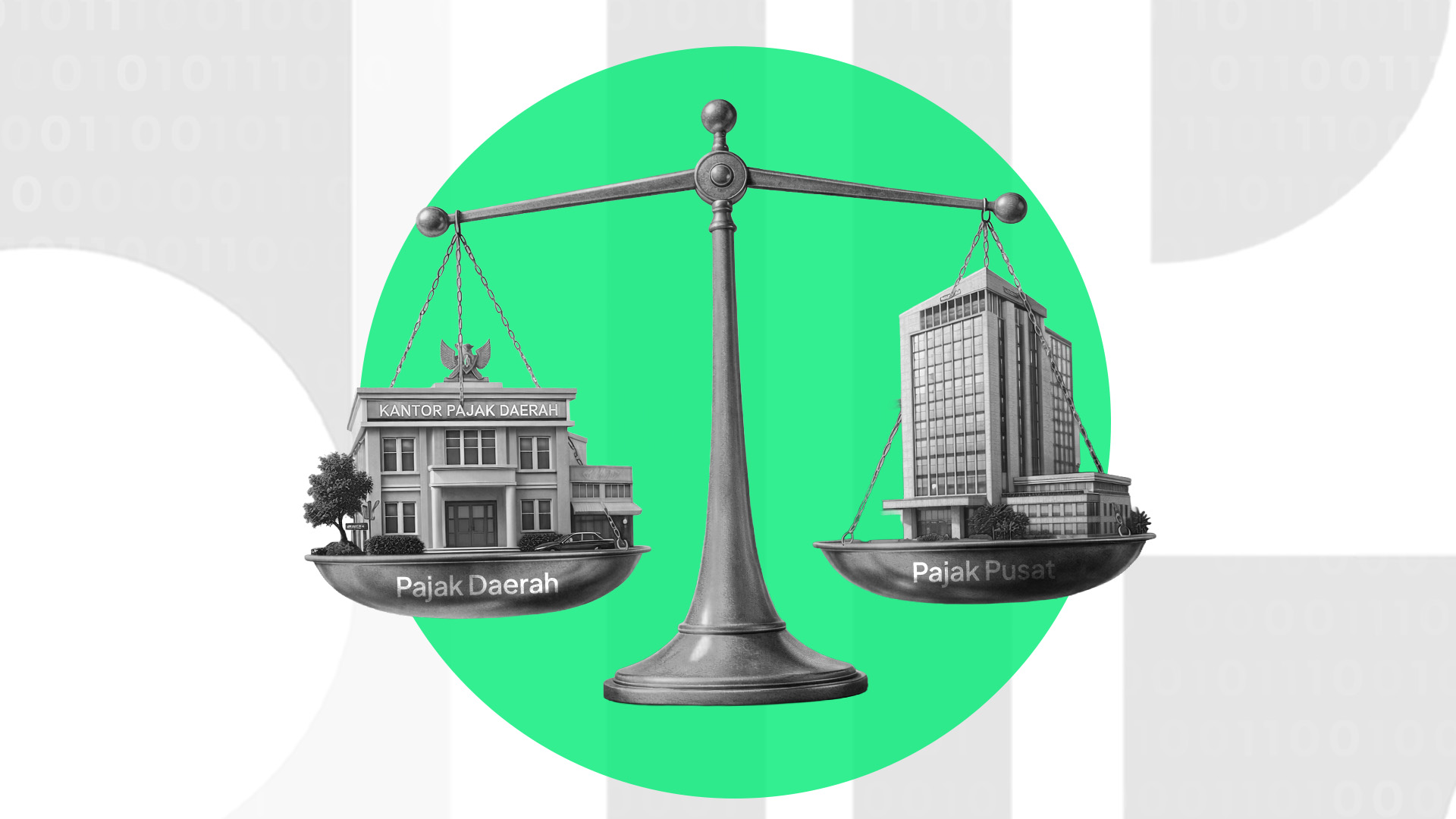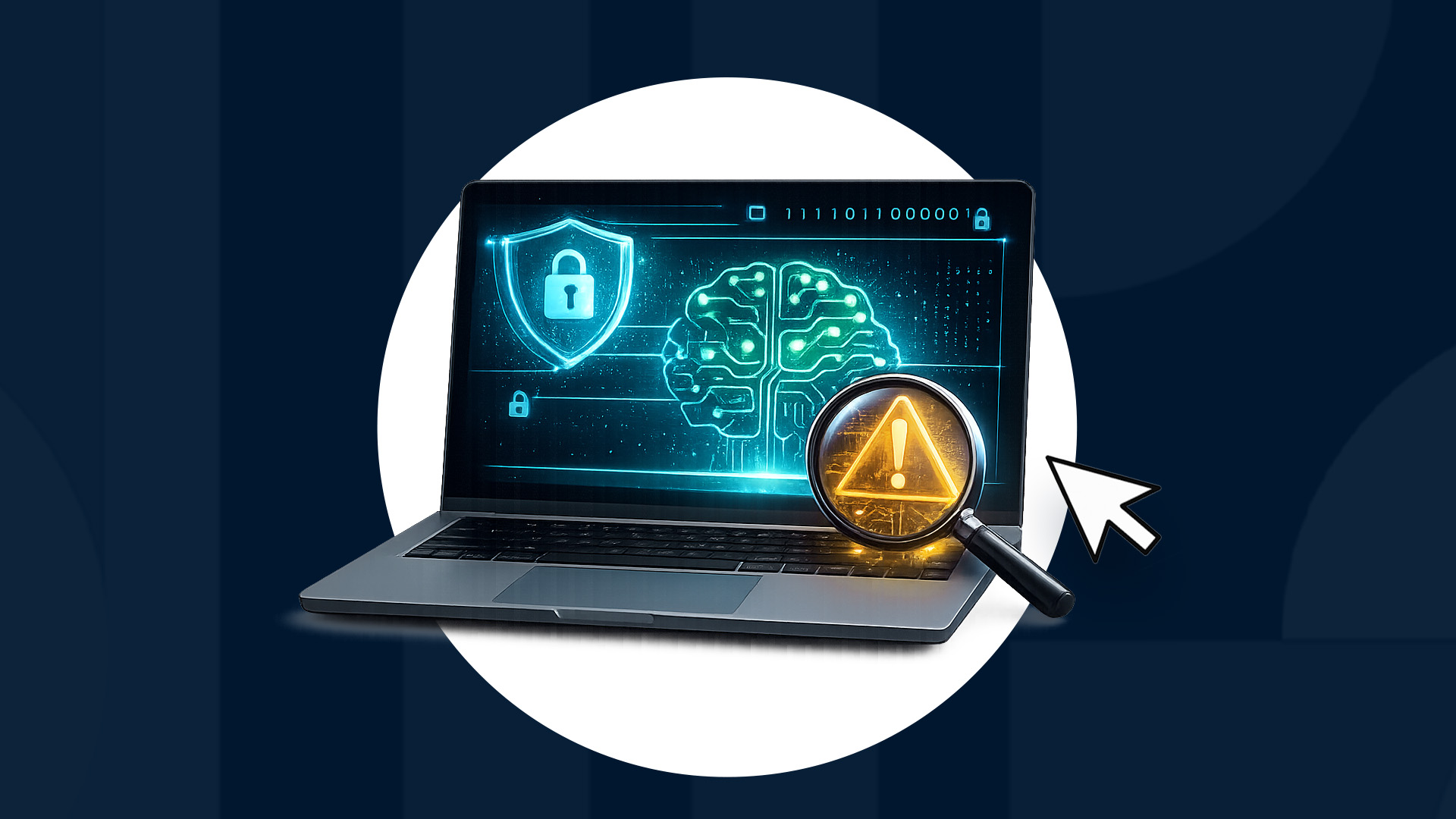The functions of Artificial Intelligence (AI) are becoming more evident in modern life, from business and education to public services. AI assists humans in increasing efficiency, productivity, competitiveness, and intelligence.
How does Artificial Intelligence make human life easier? This article will explore AI’s role in industries and businesses.
1. Virtual Assistants
A major advancement in AI technology is its ability to recognize patterns and understand language, enabling it to comprehend human speech and provide relevant responses.
The function of Artificial Intelligence as a virtual assistant has been widely adopted by tech companies. Current examples include Google Assistant and Siri.
Virtual assistants can execute commands such as:
- Answering questions
- Scheduling appointments
- Playing music
- Controlling smart home devices
2. Maximizing Content Personalization
One of AI’s most common yet unnoticed functions is its ability to personalize content, especially on social media.
AI analyzes user preferences, allowing platforms to suggest relevant content tailored to individual tastes.
This function is also used in streaming services like music and movie platforms, where AI recommends content based on user preferences.
3. Accelerating Data Analysis
AI significantly enhances data analysis by processing information faster and more accurately, particularly in business intelligence.
- AI extracts data from companies, competitors, and industries globally.
- AI algorithms in machine learning identify trends, patterns, and business opportunities that may not be visible through manual analysis.
- In marketing, AI helps analyze consumer behavior and recommend personalized products.
According to Indonesian Cloud, businesses using AI-driven analytics can optimize their sales strategies by up to 60%.
4. Automating Repetitive Tasks
One of AI’s most well-known functions is its ability to automate repetitive tasks.
Organizations dealing with large-scale operations often handle repetitive processes, such as:
- Data entry
- Report generation
- Customer email management
AI automates these tasks, reducing human error while saving time and operational costs.
5. Chatbots for Customer Interaction
AI-powered chatbots are becoming increasingly popular in the digital era, particularly in customer service.
Chatbots are used on various platforms to provide 24/7 customer support, handling tasks like:
- Answering common inquiries
- Providing product recommendations
- Assisting with purchasing processes
For businesses, chatbots reduce human workload while improving customer satisfaction through fast and responsive service.
6. Enhancing Creativity
AI supports digital marketing and creative professionals by assisting with:
- Brainstorming ideas
- Generating content
- Graphic design and video editing
AI-powered tools like ChatGPT and Gemini help copywriters, designers, and video editors produce better creative work efficiently.
7. AI in Healthcare
AI has revolutionized healthcare, especially in diagnosing diseases.
Key applications include:
- Medical image analysis – AI detects diseases earlier and more accurately than humans.
- Chronic disease monitoring – AI analyzes patient data continuously, detecting conditions like cancer at an early stage.
- Wearable technology – AI tracks vital signs (heart rate, blood pressure, sleep patterns) in smartwatches, issuing early warnings when abnormalities are detected.
8. AI in Education
AI has transformed learning methods, assisting educators in:
- Personalizing learning materials
- Adjusting teaching methods based on individual student needs
- Enhancing adaptive learning experiences
AI-powered educational platforms help students learn at their own pace, improving engagement and knowledge retention.
9. Strengthening Cybersecurity
As cyber threats increase, AI plays a crucial role in digital security. AI enhances cybersecurity by:
- Monitoring networks and detecting suspicious activity.
- Identifying anomalies that may indicate cyberattacks.
- Conducting real-time risk assessments, enabling security teams to respond proactively.
AI-powered deep learning and machine learning allow cybersecurity systems to continuously improve, learning from past attack patterns to build stronger defenses.
AI in Fraud Detection and Digital Security
Artificial Intelligence is an evolving technology, influencing various industries, particularly in fraud detection and cybersecurity.
VIDA, a leading tech company, utilizes AI for cybersecurity, offering deepfake detection technologies such as:
- Fraud Scanner
- Deepfake Detector
- Deepfake Shield
VIDA has also released a whitepaper titled "Where's the Fraud? Protecting Indonesian Businesses from AI-Generated Digital Fraud".
Download the whitepaper for free to understand these threats and learn how VIDA’s AI solutions protect businesses from sophisticated digital attacks.

.png)

.jpeg)
